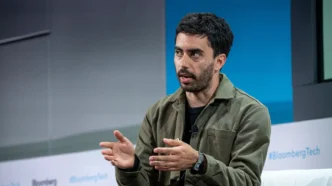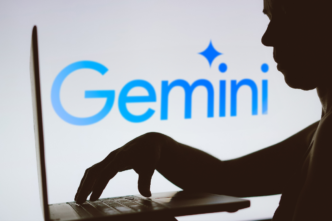Generative AI startup Runway, known for pioneering AI-powered video generation, has secured $308 million in a Series D funding round, propelling its total funding to over $536 million. The round was led by General Atlantic, with major backing from Fidelity, Baillie Gifford, SoftBank, Nvidia, and other high-profile investors.
The New York-based company plans to channel the funds into advanced AI research, team expansion, and the growth of Runway Studios, its AI-focused film and animation production arm.
“This marks a pivotal step toward our vision of building a new media ecosystem powered by AI world simulators,” the company stated.
AI That’s Reimagining the Future of Media
Runway has carved a name for itself by developing a suite of AI tools that generate videos and images from simple text prompts. The startup aims to reinvent how creative professionals produce visual content, from Hollywood studios to independent creators.
This week, the company unveiled Gen-4, its most advanced video model to date. Gen-4 promises highly consistent character generation, scene continuity, and the ability to regenerate perspectives of scenes—pushing the boundaries of what’s possible with AI-generated visuals.
Competing with the Giants
Despite strong momentum, Runway faces stiff competition in the video generation race. Heavyweights like Google and OpenAI are also building powerful models. However, Runway has positioned itself strategically by partnering with a major Hollywood studio and investing millions into producing AI-generated films.
With its new video-generation API, Runway hopes to capitalize on market demand and aims to hit $300 million in annualized revenue by the end of this year.
Legal Challenges on the Horizon
Runway’s rapid ascent hasn’t been without controversy. The company is currently facing a lawsuit brought by artists who claim that its AI models were trained on copyrighted content without permission. Runway, like other AI companies under scrutiny, argues that its training practices are protected under the fair use doctrine.
The outcome of this case could significantly impact the future of generative AI and how such systems are trained.













